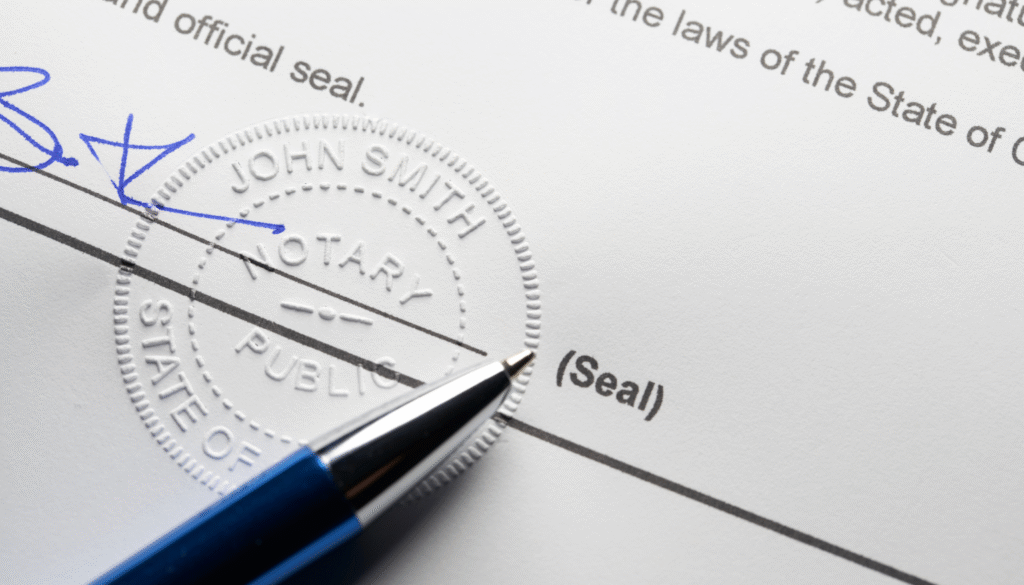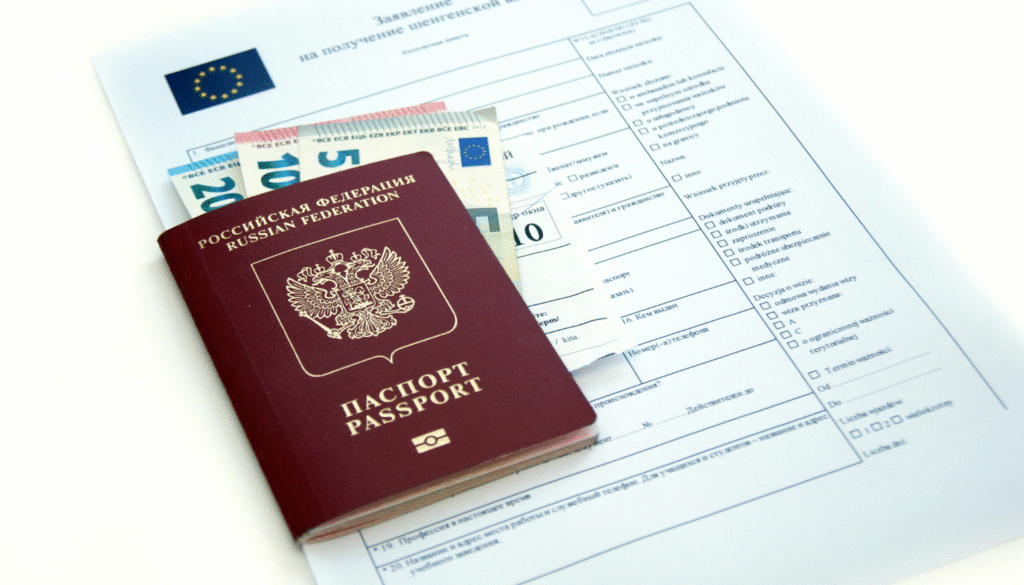Introduction
Notarization is a fundamental process in Dubai’s legal and commercial framework. Whether you’re establishing a company, granting power of attorney, executing a lease agreement, or preparing a will, having your documents notarized by an authorized notary public ensures that they are legally binding, recognized by courts, and accepted by governmental and financial institutions. One of the most common questions people ask when seeking notary services in Dubai is: “Dubai Notary Public Fees?”
Understanding notary public fees in Dubai requires a clear grasp of the services provided, the types of documents involved, and whether the notary is a public officer working under Dubai Courts or a licensed private notary operating through a law firm. This article explores not only the typical fee structures but also the legal foundation, types of notarial services available, and key considerations for individuals and businesses in Dubai.
The Legal Framework for Notary Fees in Dubai
Notary services in Dubai are regulated under both federal and local laws, particularly within the framework of the Dubai Courts and the Department of Legal Affairs. These laws set the maximum allowable charges for different services and distinguish between public and private notarial services. Fees are typically regulated to maintain fairness, accessibility, and legal transparency.
In recent years, the introduction of private notaries and digital notarization services has diversified how fees are structured. While government notaries charge according to a fixed tariff, private notaries are allowed more flexibility within legally approved limits.
Additionally, the laws mandate that all notary service providers display their fee structures clearly. Clients have the right to request a written estimate or invoice before proceeding with the notarization process.
Public Notary vs Private Notary: Fee Differences
In Dubai, notarization services are offered through two main channels: government-appointed public notaries (usually operating within the Dubai Courts system) and licensed private notaries affiliated with law firms. The cost of notarization depends significantly on which type of notary you choose.
Public notaries follow a fixed schedule of fees established by the Dubai government. These fees are typically lower and standardized. Public notary services are available at designated centers such as Dubai Courts, Al Barsha Notary Public, Al Twar, and Hatta.
Private notaries, by contrast, are licensed lawyers or law firms authorized to offer notary services. They are especially convenient for corporate clients, foreign investors, or individuals who prefer faster service, home visits, or document translation services. Private notaries may charge higher fees, but offer more flexible hours, multilingual support, and additional services bundled into the cost.

Types of Notarial Services and Fee Ranges
Understanding the type of document you need notarized is crucial, as this directly influences the fee. Below are common categories of notarial services in Dubai and their typical fee ranges.
Power of Attorney (POA)
Power of attorney documents are among the most frequently notarized items. These authorize an agent to act on behalf of another person in legal, financial, or real estate matters.
- General POA: Fees generally range from AED 150 to AED 300 at public notaries.
- Special POA: Fees range from AED 100 to AED 250 depending on the scope of powers and length of document.
Private notaries may charge between AED 500 to AED 1,500 for POA documents, including drafting, translation, and express service.
Memorandum of Association (MOA) and Company Formation Documents
When establishing a company, the notarization of MOAs, shareholder resolutions, and commercial contracts is mandatory.
- Government notary charges are approximately AED 1,000 to AED 2,000 depending on company capital and number of shareholders.
- Private notary firms may charge from AED 2,500 to AED 6,000, often including legal consultation and document preparation.
Declarations and Undertakings
These include declarations of non-marriage, debt acknowledgments, custody agreements, and other formal statements.
- Public notary fees typically range from AED 100 to AED 200 per document.
- Private notaries may charge between AED 400 to AED 800, depending on complexity and additional services like translation.
Contracts and Agreements
Contracts for employment, lease, service, or consultancy often require notarization to be enforceable.
- Notarization at public notaries costs around AED 300 to AED 500.
- Private notary services range from AED 800 to AED 2,000, often including customized drafting and revisions.
Affidavits and Sworn Statements
Used in court submissions or overseas transactions, affidavits must be notarized to prove their validity.
- Public notary cost: AED 100 to AED 200.
- Private notary cost: AED 500 to AED 1,000.
Wills and Personal Documents
Wills for expatriates, inheritance declarations, and legal guardianship documents require meticulous notarization.
- Public notaries typically charge AED 500 to AED 1,000.
- Private notary fees can go as high as AED 3,000 or more, especially for bilingual drafting or customized clauses.
Certified True Copies and Attestations
These services include certification of passports, academic documents, or ID copies for legal submission.
- Fees at public notaries: AED 50 to AED 100 per document.
- Private notaries may charge AED 200 to AED 400.
Translation and Document Drafting Fees
It is common in Dubai for notarized documents to be submitted in Arabic, especially for government use. If your original document is in English or another language, certified translation is mandatory. Public notaries typically do not provide translation services, so you must hire an external translator.
Private notary firms often offer in-house translation services. These translation costs are separate from the notarization fee, ranging from AED 150 to AED 500 depending on the document length and language pair.
Drafting legal documents also incurs additional costs. For example, a POA or contract drafted by a private legal firm may cost an extra AED 300 to AED 1,000, depending on complexity.
Urgent or Mobile Notary Services
Many private notary firms offer mobile notary services where a notary visits your home, office, or hospital to complete the process. These services cater to busy professionals, elderly individuals, or clients unable to travel.
Mobile notary fees are typically higher and include transportation and convenience charges. Expect to pay an additional AED 500 to AED 1,000 depending on location and urgency.

Digital Notary and Online Services
With Dubai’s push toward smart government services, digital notarization has become more prevalent. The Dubai Courts and Ministry of Justice have launched platforms for online notarization, allowing users to submit documents, verify identity, and complete the process remotely.
Digital notary fees are similar to in-person public notary fees but may include a small processing fee. The advantage is speed, accessibility, and reduced paperwork. Private notaries also offer video conferencing options for online notarization, often with premium fees.
Dubai Notary Public Fees Exemptions and Discounts
Some categories of documents or individuals may be eligible for fee exemptions or reductions. For example:
- Senior citizens and people of determination may receive reduced fees at government notary centers.
- Documents for charitable purposes or legal aid cases may be processed at lower costs.
- Government-related contracts and procedures sometimes come with bundled or waived notarization fees.
Always inquire in advance whether you qualify for any exemptions or discounts.
Conclusion Of Dubai Notary Public Fees
Navigating notary public fees in Dubai requires an understanding of the type of service you need, the document’s purpose, and the channel you choose—public or private. While government notary fees are standardized and affordable, private notaries offer convenience, customization, and speed at a higher price.
Whether you are an entrepreneur launching a business, a resident managing personal affairs, or a foreign national preparing documents for international use, notarization is a key legal step. Understanding the associated costs helps you plan your legal expenses wisely, avoid hidden charges, and ensure compliance with UAE law.
By choosing the appropriate notary service and being clear about your document needs, you can efficiently complete your legal procedures in Dubai with confidence and legal assurance.







